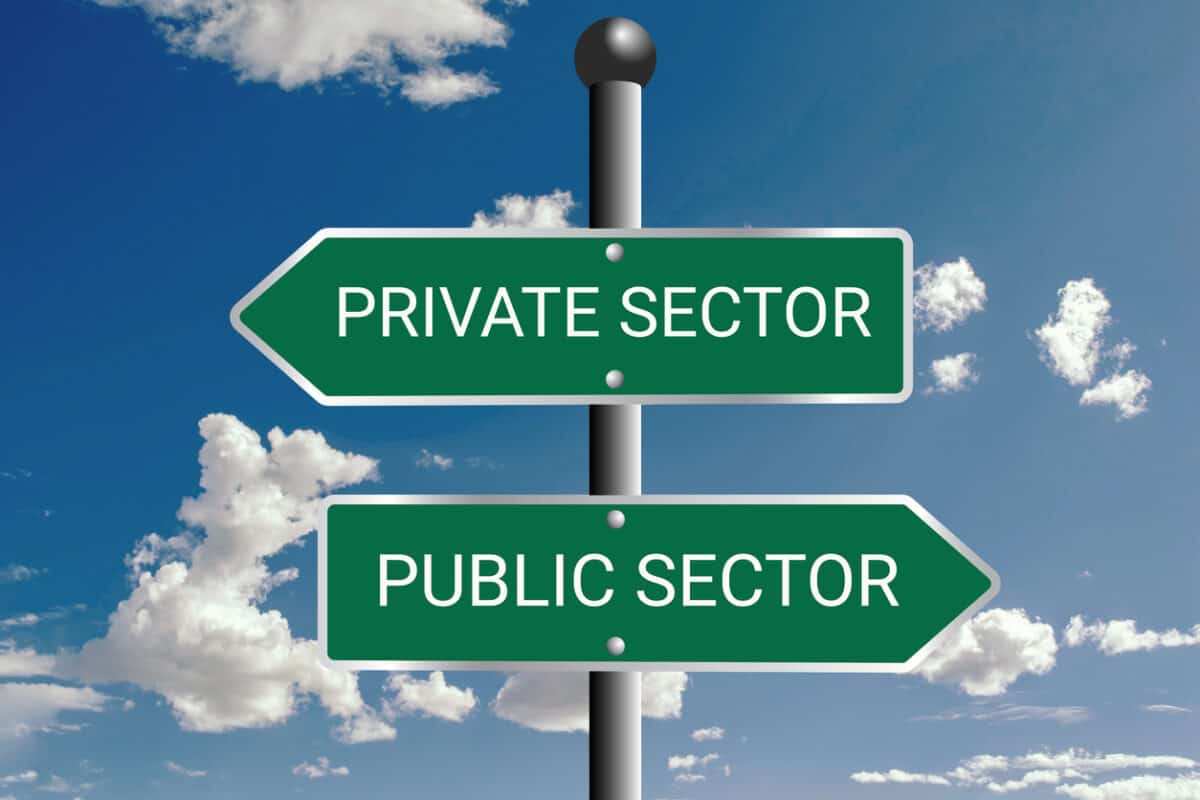In 1984 I was in England during the miners’ strike, a period of profound social and political change in the United Kingdom. The politics of that period have always fascinated me, but my profession has also caused me to look at some of the attitudes to occupational health and safety (OHS). While holidaying recently in the UK, I purchased Backbone of the Nation, looking at both the politics and safety.
Category: sex
OHS and the weekend newspapers – 1
This is the first of, hopefully, many articles about what some of the weekend newspapers and media say about issues related to occupy national health and safety (OHS). It will not be comprehensive but short takes on what I see in the newspapers.
[Note, the article below mentions suicide and workplace bullying]
Workload and Suicide
It has been a year since an employee of the Victorian Building Authority, Rob Karkut, died by suicide. According to The Age (May 13, 2023, [paywalled] his suicide occurred:
“…amid intense pressure from the authority’s managers to meet ambitious inspection targets. A litany of failings within the organisation have been exposed since his death.”
Can we move on from HSRs, please?
Occupational health and safety (OHS) needs new thinking. One of the most important elements of successful OHS comes from Consultation – a sensible process and one required by law. A major process for OHS consultation in those laws is through the Health and Safety Representatives (HSRs). This legislative (recommended) option was practical but is now almost an anachronism, yet the OHS regulators continue to support the process because it is in the OHS laws. And few will speak against the process because it is being maintained by the trade union movement as one of the last legacies of political influence over workplace health and safety.
This month Queensland government released its report into the review of its Work Health and Safety laws with these two of the three categories of recommendations:
- “elevation of the role of health and safety representative (HSR) at the workplace
- clarification of the rights of HSRs and worker representatives to permit them to effectively perform the role and functions conferred upon them and to remove unnecessary disputation,….”
The absurdity of HSRs’ persistence can be illustrated by the rumour that WorkSafe Victoria will encourage sex workers to follow the HSR consultative process through the OHS guidance expected to be released later this year.
Unsuccessful dismissal case reveals sex work hazards
Last week was a big one for the sex industry in Victoria. A brothel manager was found guilty of allowing a 16-year-old girl to work as a dominatrix in his mother’s brothel. And a sex worker was found, by the Fair Work Commission, to be a contractor (paywalled) when working in the Top of the Town brothel.
These legal cases gained some attention in the mainstream press as they often are because sex work is seen as salacious and click-friendly. However, the Top of the Town court report offers insight into some of the occupational health and safety (OHS) hazards of brothel work.
Major omissions from business perspective before the Jobs and Skills Summit
Next month the Australian government is conducting a “Jobs and Skills Summit“. Such consultative events have been held every so often for decades but usually after a new government is sworn in and after the previous one was in power for too long or lost its way. Such summits are seen as ways of reconnecting with disaffected and disempowered industry associations, trade unions and other organisations with the ear of the incoming government.
One of the most vocal industry associations is the Business Council of Australia. The BCA has existed since 1983. Its Wikipedia entry lists its large corporate membership, providing context to its policies and positions. On August 15 2022, its CEO Jennifer Westacott had an opinion piece, “What a Jobs Summit ‘win’ would look like“, published in the Australian Financial Review, but with a different headline. Workplace safety was mentioned in passing but is hiding in the subtext elsewhere.
WorkSafe advertises for a sex work Project Officer
WorkSafe Victoria is advertising for a Program Officer for its new sex work industry obligations. It’s a tough ask as the candidates will need to combine a good level of occupational health and safety (OHS) knowledge with a close, effective association with the local sex work industry networks.
WorkSafe has outlined its expectations for sex work OHS with these suggested considerations:
Work, not Sex, won the day
On February 10 2022, the Victorian Parliament passed laws to decriminalise sex work, supporting the (Labor) government position that sex work needs to be treated the same as any other type of work. The debate, the culmination of decades of work by many sex work supporters and advocates, was won by emphasising the role of Work over the concerns about Sex. This is a strategy that other workplace safety advocates may consider.







